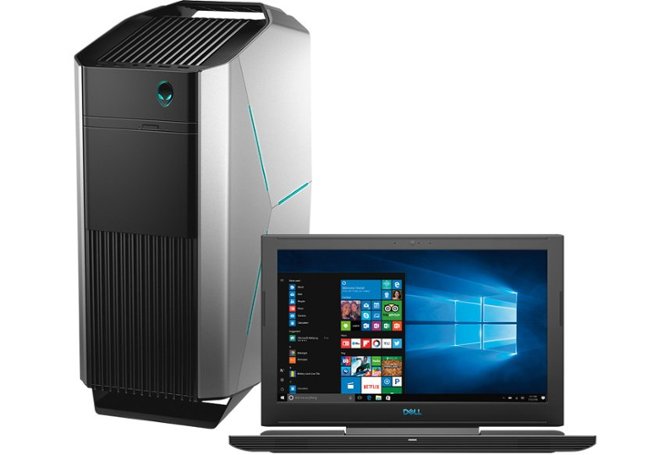What to Consider When Choosing a Desktop Computer

carousel
What will you be using your desktop for?
The answer to this question is the most important one because it dictates the rest of your decision. For example, if you want to use your desktop for work, think about the type of software programs you’ll need to install. Will you only require simple word processing capabilities or more complex data analysis programs? Another thing to consider is whether you will be running regressions on large amounts of data within spreadsheets. After work is done for the day, will you also be using the same computer to enjoy your gaming habit? If so, you will have to decide whether your device includes upgrades that make complex PC games run more smoothly.
It is also important to ask yourself how many programs and internet windows you generally use at once. If you have to upload and download frequently or keep many things open at the same time, you can tax the computer if you do not have enough random access memory (RAM) or high-speed processing power.
Why does processor choice matter?
The processor is the brain of your computer. Also referred to as a CPU, the processor controls how quickly everything happens. Most CPUs operate using multiple cores to improve performance. The higher number of cores, the faster the processing power.
If you're planning on handling a lot of larger files, like videos or raw photos, then you need to choose a computer with a processor large enough to manipulate large files in a speedy manner. Although if you're just surfing the web, checking email, posting on social media, or using basic business software, then a computer with a standard processor will do just fine.
What about RAM and a graphics card?
RAM is the computer’s short-term memory. Another way to think of RAM is to equate it to the amount of workspace you have on a computer. The more RAM, the more programs you can easily fit in your workspace.
If you have a particularly fast processor, you can sometimes get around having less RAM by compensating with a higher processing speed. However, if you want to use your computer for gaming, video editing, or data analysis, you should consider a high-performance desktop computer. You will see the best complex program management abilities from computers with 16GB of RAM and up.
Graphics cards allow your computer to process complex graphics through hardware that is purely dedicated to that task. These cards come with their own RAM as well. A separate graphics card is necessary if you want to run games with 3D graphics. Otherwise, they are optional but they can improve graphics processing for simpler programs as well.
What's the difference between hard disk drives and solid state drives?
A solid state drive (SSD) will be faster, more energy efficient, and slightly more reliable than a comparable hard disk drive (HDD). These benefits come from the fact that SSDs do not have moving parts that can wear out over time. Furthermore, since they have no moving parts, SSDs produce less heat and take up less space.
That all sounds amazing, right? So, what’s the downside? SSDs are expensive when compared to HDDs of the same size and capability. This results in the main choice being based mostly on budget. A hard disk drive is a much more economical choice if you need a lot of space to store your programs and files.